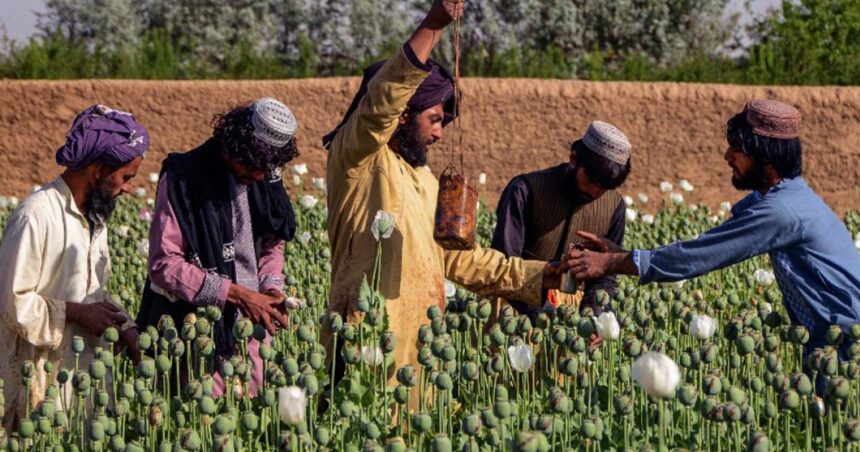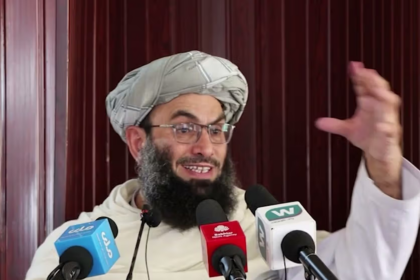RASC News Agency: The International Crisis Group (ICG) reports that narcotics produced in Taliban-controlled Afghanistan continue to be exported to global markets. While the Taliban claim to have banned the cultivation and trafficking of narcotics within the country, the ICG emphasizes that Afghanistan remains a critical hub for drug production and smuggling worldwide.
The report indicates that defiance against the Taliban’s ban persists, even in Kandahar, the group’s birthplace, with resistance more pronounced in northern and northeastern regions. Furthermore, drug traffickers, under Taliban rule, continue to sell narcotics stored in previous stockpiles. The ICG points out that the Taliban’s partial prohibition has severely impacted the livelihoods of farmers and rural workers, especially women, who have few alternative employment options. The report highlights that legal agricultural products in Afghanistan fail to generate adequate employment, underscoring the need for job creation in non-agricultural sectors.
The future of the Taliban’s narcotics ban remains shrouded in uncertainty, with doubts surrounding its true enforcement. Afghanistani citizens have voiced concerns over the selective implementation of the ban, claiming that the Taliban allow Pashtun farmers and those in southern regions to cultivate narcotics, while prohibiting non-Pashtuns, particularly in the north and northeast. Although the Taliban assert that they have prohibited drug cultivation, many believe that the group’s senior leaders and commanders are among the world’s most prominent narcotics traffickers. Historically, the Taliban have relied heavily on drug profits to finance their operations.






